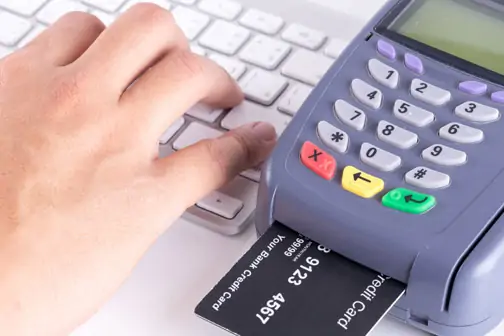
Unauthorized credit card transactions can undoubtedly scare you, but you don’t have to pay for these charges if you find and report them as soon as possible. In order to do the same, you will have to pay close attention to every transaction on your credit card statement. With the rise in credit card frauds, the question arises as to who is liable for such frauds? RBI has recently revised the draft guidelines on “Customer Protection – Limiting Liability of Customers in Unauthorised Electronic Banking Transactions”. Let’s understand what should be done in case you witness an unauthorized transaction.
